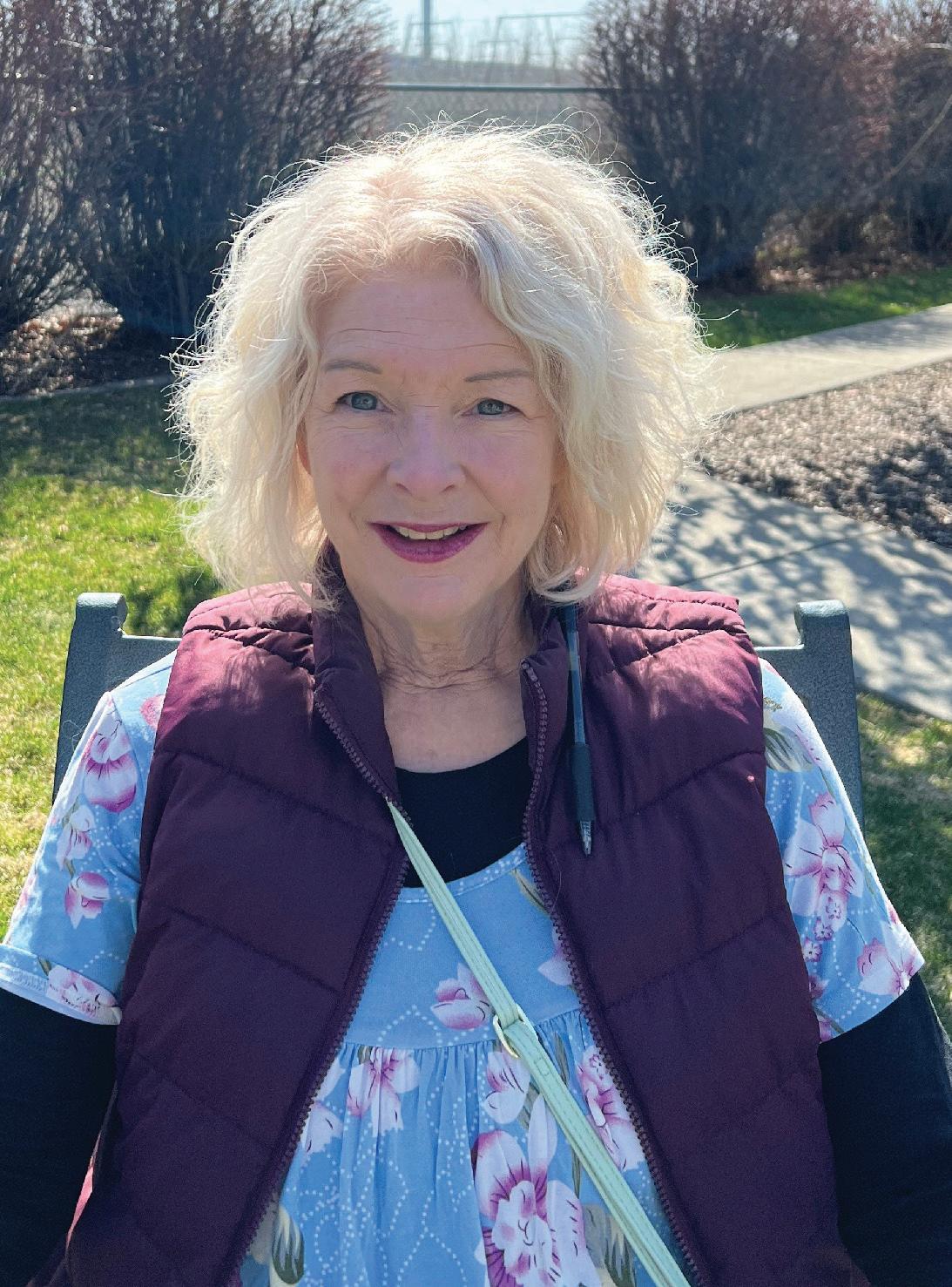
3 minute read
Understanding behavioral health in agricultural communities
While it’s not always talked about because of the stigma, there is an epidemic of mental health challenges — and even suicide — in our agricultural communities.
According to the 2021 Western Regional Agricultural Stress Assistance Program survey, 63% of farmers and farmworkers believe there is some stigma around mental health in the agricultural community. And 78% of nearly 800 agricultural producers in 13 western states said that stress is impacting their sleep, physical and mental health, and relationships. Of those, 4.4% reported even higher levels of stress which is connected to depression and anxiety. Left unchecked, and unspoken which is commonplace in the rural mindset, these strains can lead to devastating consequences — suicide rates among farmers are six times higher than the national average.
Advertisement
When we notice and talk about the common strains we experience in our agricultural communities – such as the heavy workload, lack of time for production, financial worries, and the compounding issue for some agricultural workers who experience language barriers to accessing care – then we help reduce the historic stigma that prevents people from talking about behavioral health.
Our agricultural communities are some of the strongest throughout our region – woven together with close knit relationships, neighbors who look out for each other, and family connections that span generations. When we utilize these experiences unique to small towns and learn the tools that support behavioral health, then we can truly impact our communities in life-giving ways.
Focusing primarily on agricultural communities in southeastern Washington, Comprehensive Healthcare is committed to giving residents access to the services, education and resources they need for their behavioral health. We do this by reaching into communities to identify leaders who can make a difference. Not long ago, at the request from a group in Ellensburg, we brought our Mental Health First Aid class to folks of our agricultural community to educate on how to identify, understand and respond to the signs of mental illnesses and substance use disorders. This training also covers the skills you need to reach out and provide initial support, and how to connect someone to the appropriate care.
We can connect with your community, too. For more information about our training and development services, contact our program coordinator at commed@comphc.org or call (509) 575-4084.
If you’d like to engage and support your community’s mental health, we’ve outlined some helpful tips on “How to start a conversation about behavioral health,” and “Four steps to support your neighbors.” When we talk about our unique experiences and how they affect our behavioral health, we’re working to strengthen our vibrant communities.
How to start the conversation about behavioral health
While the initial conversation may feel uncomfortable, opening up and talking about difficult feelings can save a life.
Recognize signs of stress or distress STEP 1
• Notice any change in behavior, such as if they are not engaging as usual.
• Notice if their farm, home or business is not looking kept up as usual.
• Are they personally looking different and unkept?
• Are friends or family members expressing concerns?
• Are they saying that they are depressed?
Start the conversation STEP 3
Reach out to your neighbors STEP 2
• Create a safe space to start the conversation that makes them comfortable with sharing.
• Continually build relationships and make connections beforehand and stay connected.
• Be available when they need you.
We recommend using the Question, Persuade, Refer (QPR) method to start a conversation about behavioral health.
Q Uestion P Ersuade R Efer
Begin the conversation by asking how the person is doing and explain that you have noticed that their mood or behavior has changed. Lean into the conversation with compassionate curiosity.
Be an empathic listener and encourage them to talk about how they are feeling.
Connect the person to community resources such as Comprehensive Healthcare: In a crisis, call 1-800-5728122 – 24 hours a day, 7 days a week, or (509) 575-4084 for an initial appointment or 9-8-8 for 24/7 suicide and crisis care. To take Mental Health First Aid training or other community education classes contact our program coordinator at commed@comphc.org.
Health
By maintaining our wholeperson health, which includes our physical and our behavioral health, we develop a solid foundation for our growth and development in all aspects of our lives. According to the World Health Organization these tips can improve whole person health:
• Eat a combination of different foods, including fruit, vegetables, legumes, nuts and whole grains.
• Be active: adults aged 18-64 years should do at least 150 minutes of moderate-intensity physical activity throughout the week.
• Talk to someone you trust if you’re feeling down.







